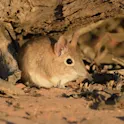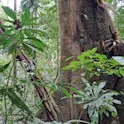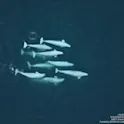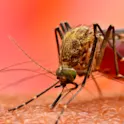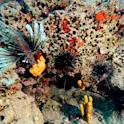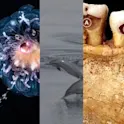
Life sciences
13 Feb 2026
Frogs new to science and proof we’d rather look anywhere but at spiders: Here are Frontiers’ photo highlights of the month
At Frontiers, we bring some of the world’s best research to a global audience. But with tens of thousands of articles published each year, it’s impossible to see all that research in the same way scientists do. Here are some images that showcase some of the newest findings published in the last month.




